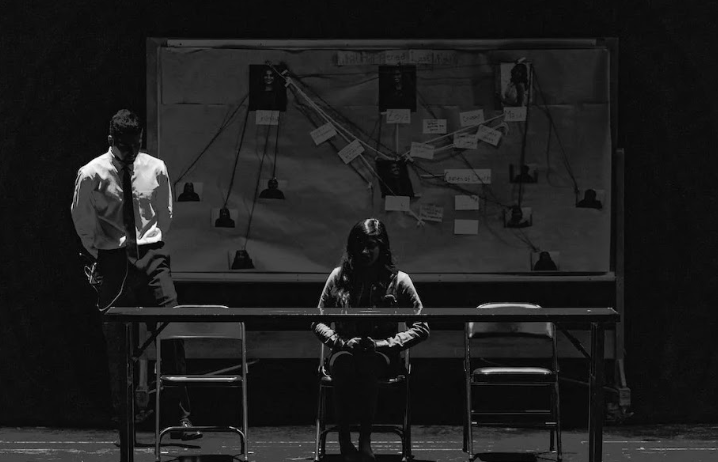The true-crime genre is addicting, plainly put. As humans, we’re naturally curious about twisted crimes and why they happen, so it only makes sense that it’s so popular. Whether in a podcast, documentary, or televised drama, it all sparks our curiosity.
However, many of these events are glamorized or altered to make it more appealing to the viewer. It raises the question: is true crime ethical at all?
True crime shows often operate without consent from victims and families. Anyone can access public content such as some court trials, so their permission is not needed. It puts a spotlight on people who would likely prefer to grieve and heal in peace and makes them more vulnerable to harassment such as hate mail.
Often details are omitted or altered for the sake of theatrics and ratings, and viewers are left with a skewed or inaccurate perception of the full story.
Sometimes, it can even turn the killers into characters, which is problematic and insensitive to the victim and their families. When the 2022 drama “Dahmer – Monster” was released, many viewers online were more interested in his appearance than his crime or victims. There were even some reports of people dressing up as him for Halloween.
The ethical issues with true crime can be shown with the problems surrounding the 2015 film “The Jinx.” The show is a documentary miniseries about real estate heir Robert Durst, a convicted serial killer. Producer Andrew Jarecki, who had a unique relationship with Durst, didn’t reach out to the police until the shocking finale aired, despite possessing critical information, including a confession.
In a much more recent case, Gypsy Rose Blanchard has been released from prison after serving 10 years for the second-degree murder of her mother. Blanchard claims it was a result of feeling trapped in an abusive home, and that she was a victim of Munchausen by proxy, a rare psychological disorder where a caregiver seeks attention by asking for medical help for exaggerated or made-up symptoms of a child in their care.
For the past decade, her case has received overwhelming attention. There have been multiple documentaries based on her story including ”Mommy Dead and Dearest,” in addition to an upcoming one, “The Prison Confessions of Gypsy Rose Blanchard,” which aired January 5.
Blanchard’s most popular one, “The Act,” is a true-crime series available on Hulu. It is an eight-part dramatized version of her story that also highlights Blanchard’s experiences years before the murder took place. It’s intriguing, nail-biting, and disturbing- all ingredients of the perfect true-crime series.
Riley Keller, a sophomore at FVHS, has followed Gypsy Rose’s story and also watched real-life interviews and clips from court cases.
“I watched her interviews, how she talked about her mom, how she wasn’t happy that her mom died, but she was happy that she was out of the situation… It’s just crazy. I don’t think the show gives the full story of what she really went through because I don’t think all those details have been released yet,” she said.
“The Act” is highly rated with an 88 percent score on Rotten Tomatoes, and well-received by its audience.
“Before, I knew her story, and then I watched it. I thought that even though it portrayed her as a murderer, I still think that she’s innocent and that she didn’t deserve any jail time,” Keller said.













